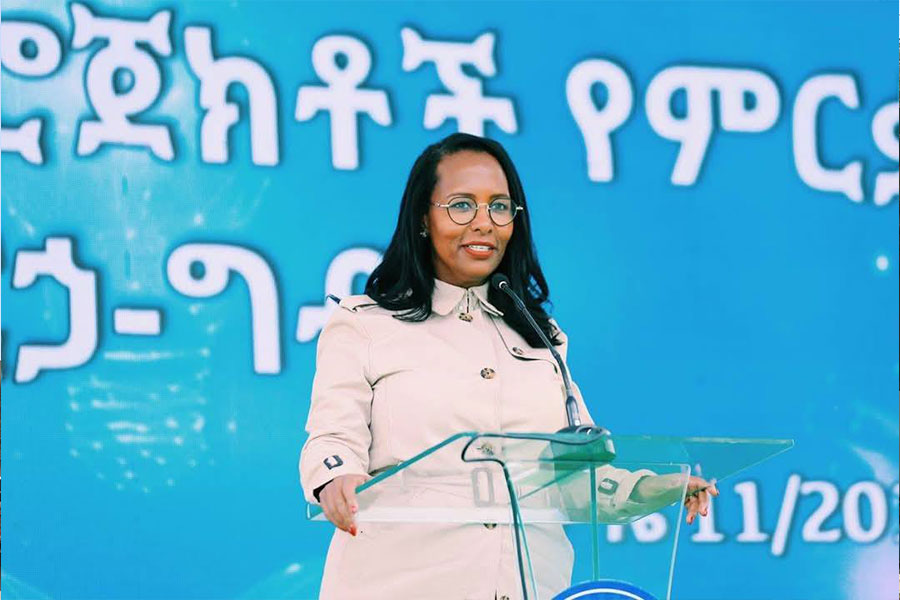
Radar | Jul 20,2025
Water is a vital utility for Dawit Assefa, a contractor and father of two who lives on the second floor of a condominium building. The nature of his work leaves him open to getting dirty real quick but taking proper showers on daily basis and doing laundry regularly is a far-fetched reality.
Running water through the pipes is nowhere in sight.
Fridays are happy-hour for Dawit and his family as they gather their dirty laundry and go to his mother's house to get cleaned up.
"That's when I feel like myself," he told Fortune.
His mother lives around the Asko area on the outskirts of Addis Abeba. The water makes its visits on some portion of the week at her house as well but she lives by herself, making it easier to fill up the tankers and barrels.
As for the rest of the week, his house remains deprived of a major necessity.
Dawit has lived in one of the buildings at Summit condominium for about 10 years and visited the nearby branch office of the Water & Sewerage Authority with hopes of addressing the problem. However, he claims the response he got was to buy a pump and store water whenever water becomes available.
A while back, he bought a barrel with a 400lt storage capacity. The family of four tries to utilise the water to wash dishes, flush the toilet and do quick cleaning routines in the morning.
According to Dawit, everyone in the building has got a barrel with similar capacity, buying water from suppliers near the area. He questions whether the building is even able to hold that much weight.
Selling public utilities is prohibited by law. But as far as most residents of Addis Abeba are concerned, it is part of a day to day life. Transporting water and providing for different households has become a means of making a living.
One of the suppliers at Summit condominium Dagne Burusie was previously a daily labourer at construction sites. He said he bought three donkeys for 8,000 Br each when the construction business dried out a while ago and became a full-blown water supplier.
A shortage of water has led to citizens needing to transport water in plastic containers for long distances.
"The income is much better," he said.
Dagne gets a 20lt-Jerrycan of water for five Birr and delivers it to the condominium residents for 40 Br. He takes multiple round trips depending on the demand and the availability of water in the nearby areas. According to the condominium residents, the price of a Jerrycan gets as much as 70 Br when demand is high.
Residents in the capital are all too familiar with the rationing of the water supply. The scarcity is felt intensely in the condominiums and apartments as it is coupled with low power unable to pump beyond the first floors.
The Addis Abeba Water & Sewage Authority (AAWSA) takes the 7.8 billion Br budget out of the 100 billion Br allotted for the city for the fiscal year. During its six-month report, the Authority claimed to have provided 94 million cubic meters.
This translates as an average of 23ltr per person in a half year and 0.12ltr per person in a day, using the population data from the Ethiopian Statistical Services that estimates the population of Addis Abeba for the year 2022 to be 3.8 million people.
The estimation shows an increase of only 1.1 million people from the last count over 15 years ago with experts predicting the actual population to fall north, given the demographic change the city has had over the years.
Over 230 underground wells with more than 300 metres in depth and Legedadi, Gefersa and Dire dams contribute 210,000 cubic meters of water daily.
"The supply is still not enough," said Serkalem Getachew, communications head.
She said they are digging wells in different areas of the capital, costing over half a billion Birr that will be operational by the end of the budget year.
The shortage of forex is a reason for not completing the ongoing water projects, another factor that complicates the lack of adequate water supply, according to Serkalem.
Under Zerihun Abate, the Authority has collected one billion Birr in revenue from over 650,000-meter boxes, in six months. According to Serkalem, the revenue is used for salaries and to cover line maintenance expenses.
The Authority has conducted a study to adjust the tariff collected from residents and tabled it at the Addis Abeba Finance Bureau for approval. However, the increased rate is being implemented through the nine branches without getting the nod from the Bureau that forwarded the issue to the City Cabinet.
Tamiru Gedefgu, water supply team leader at the Ministry of Water & Energy, believes that cities with large populations like Addis Abeba should excavate more water wells than construct dams from surface waters which consume huge investment capital.
According to Tamiru, water wells cover 80pc of the supply in the country.
An educational think tank focused on Africa, weASPiRE released a report last month that put the water supply of Addis Abeba at 40pc. The report highlighted that even with the combination of underground and surface water, the 0.48 million cubic metre per day production does not meet half the water demand of the capital.
BEACON Financial Solution & Investment Plc was incorporated in 2017 with an initial capital of 70,000 Br. The Manager Tamrat Getaneh believes allowing private investors in the business to supply water might address the distribution issue.
"It can be like solar power," he said.
The shortage is not just troubling the residents of Addis Abeba but also giant public institutions. The Authority permits the largest water consumers, such as hospitals, hotels and manufacturers, to dig water wells and ease their demands on their own.
The largest hospital in the country, Tikur Anbessa Hospital is one of the biggest consumers of water. The hospital has two big tankers with the capacity to hold 160,000ltr and 140,000ltr for the eight-storey main hospital and orthopaedic building respectively. There are also other tankers in the compound with less capacity.
However, the water is still not enough for the half-century-old hospital that has 677 beds catering close to 20,000 patients on a daily basis. The hospital has over 3,400 staff members and medical students with a dormitory built in the compound.
Andualem Deneke (MD), chief executive director of Tikur Anbesa Health Science College emphasizes the importance of keeping the medical equipment, and clothing of patients clean. The personal hygiene of patients, attendants, and health professionals also falls on the availability of water.
According to Andualem, the hospital is contemplating digging a well inside a compound that can accommodate the needs of its inhabitants.
"We're identifying locations and conducting studies," he said.
Addis Abeba, a 137-year-old city, built its first water plant at the hummock of Entoto in 1938, followed by Gefersa Dam six years later, which still covers most of the city’s water supply.
Formed a couple of months back, Sheger City which constitutes 12 districts and 36 weredas, is the new home to Legedadi, Gefersa and Dire, water treatment plants and most ground waters that supply the capital city.
Nasir Hussien, communication head of Sheger city said the two city administrations are working on the usage of the dams while 21 water wells are being dug in Sheger with the budget of the Addis Abeba city administration.
Authorities and institutions are hammering on the idea of digging more wells for groundwater while experts suggest perhaps turning an eye to recycling greywater for particular purposes.
Natnael Afework, a civil engineer that did his postgraduate research on greywater treatment methods in 2019 raises applying the concept, particularly on condominiums.
His research reveals that using recycled water from showers and laundry for toilet flush could save about 30pc of the freshwater lost in vein.
Natnael said over six litres of freshwater is lost whenever a person flushes a toilet which could have been distributed to deprived locations to ease the scarcity.
He argues the process requires separate lines to collect the water which can be achieved at a cost much lesser than drilling a new well.
According to the expert, adding chloride and disinfectants is all it takes once the system is in place.
"Condominiums are more suitable than ground-level homes," Natnael told Fortune.
Meanwhile, with a growing population and demand, while having budget constraints and less surface area, the residents of Addis Abeba will be enjoying the dramatic water show at the parks while pipes in their homes run dry of water for weeks.
PUBLISHED ON
Mar 18,2023 [ VOL
23 , NO
1194]

Radar | Jul 20,2025

Radar | Dec 19,2021
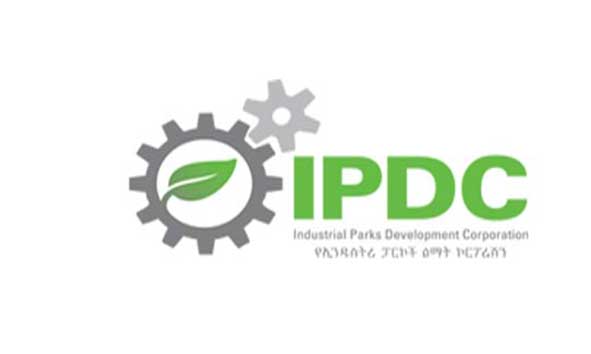
Fortune News | Aug 31,2019

Fortune News | Sep 06,2020
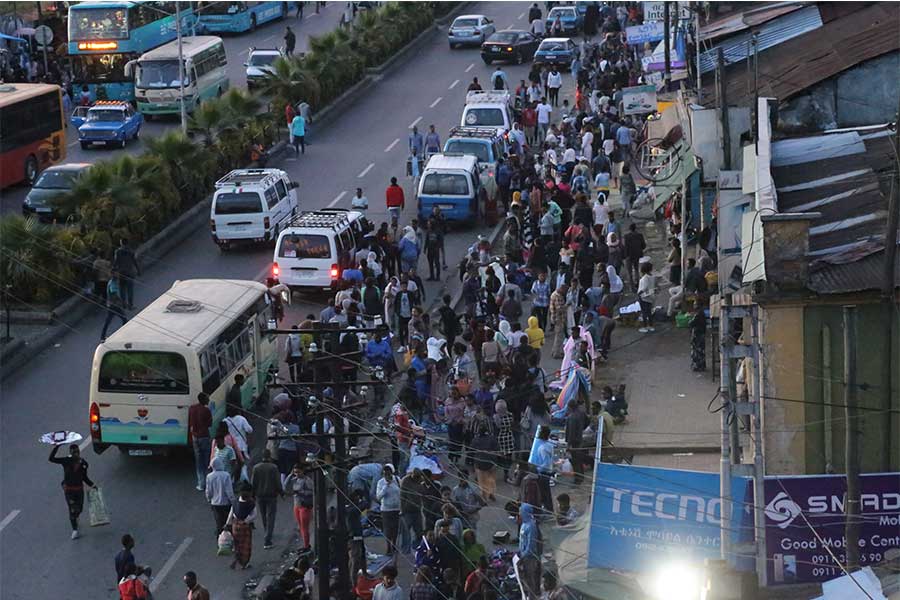
Agenda | Oct 19,2019

Radar | Jun 18,2022

Fortune News | May 31,2020
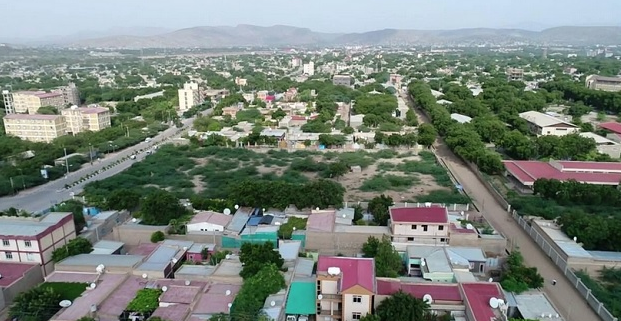
Fortune News | Dec 27,2018
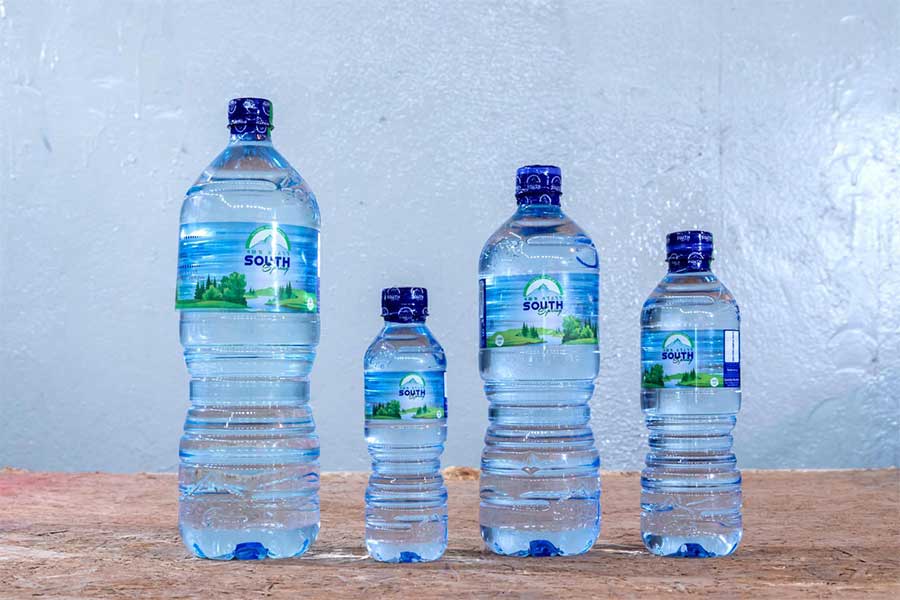
Fortune News | Feb 29,2020
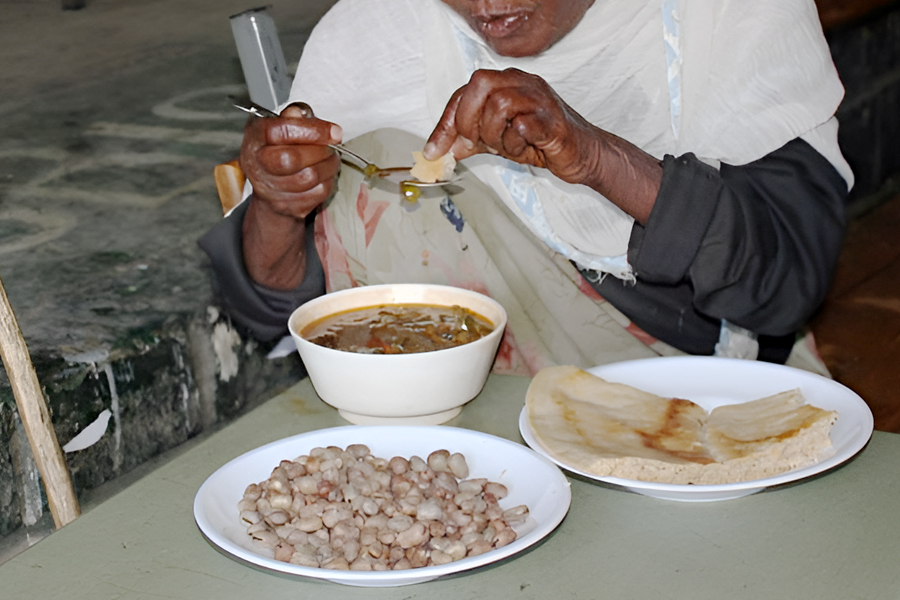
Fortune News | Nov 18,2023

Dec 22 , 2024 . By TIZITA SHEWAFERAW
Charged with transforming colossal state-owned enterprises into modern and competitiv...

Aug 18 , 2024 . By AKSAH ITALO
Although predictable Yonas Zerihun's job in the ride-hailing service is not immune to...

Jul 28 , 2024 . By TIZITA SHEWAFERAW
Unhabitual, perhaps too many, Samuel Gebreyohannes, 38, used to occasionally enjoy a couple of beers at breakfast. However, he recently swit...

Jul 13 , 2024 . By AKSAH ITALO
Investors who rely on tractors, trucks, and field vehicles for commuting, transporting commodities, and f...

Oct 25 , 2025
The regulatory machinery is on overdrive. In only two years, no fewer than 35 new pro...

Oct 18 , 2025
The political establishment, notably the ruling party and its top brass, has become p...

Oct 11 , 2025
Ladislas Farago, a roving Associated Press (AP) correspondent, arrived in Ethiopia in...

Oct 4 , 2025
Eyob Tekalegn (PhD) had been in the Governor's chair for only weeks when, on Septembe...